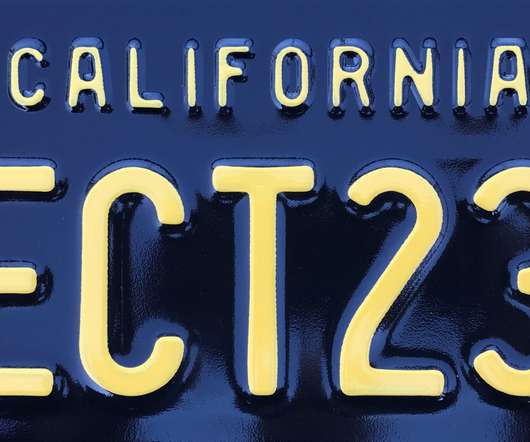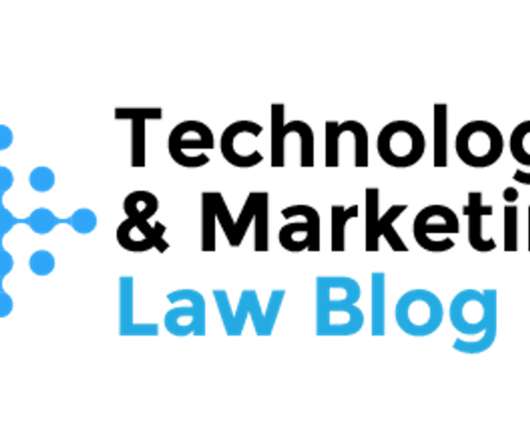“Private” Facebook Groups Aren’t Legally “Private”–Davis v. HDR
Technology & Marketing Law Blog
JUNE 10, 2022
The plaintiff sued HDR for ECPA and common law privacy violations. Plaintiff had no authority over the Groups’ privacy settings and no voice in the screening process used to determine membership. While the court’s opinion is appropriately grounded in the precedent, it was tone-deaf to the privacy invasion. Implications.




















Let's personalize your content